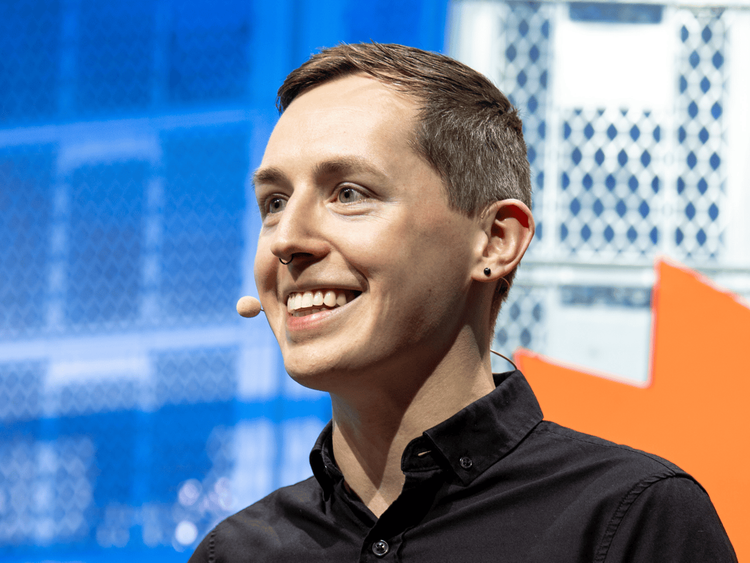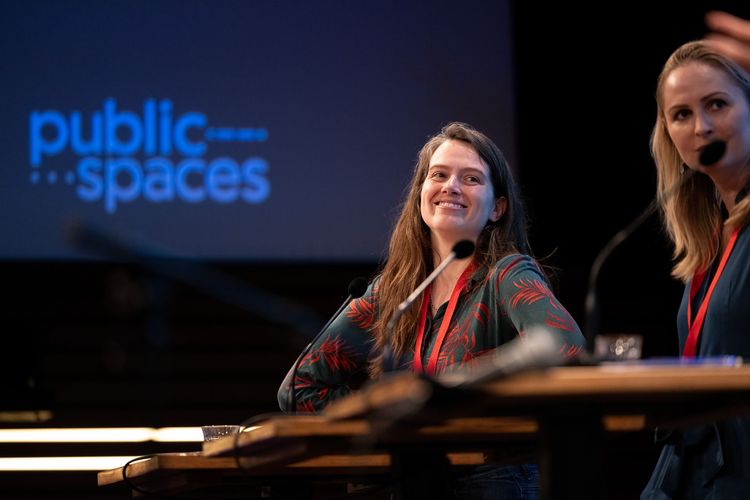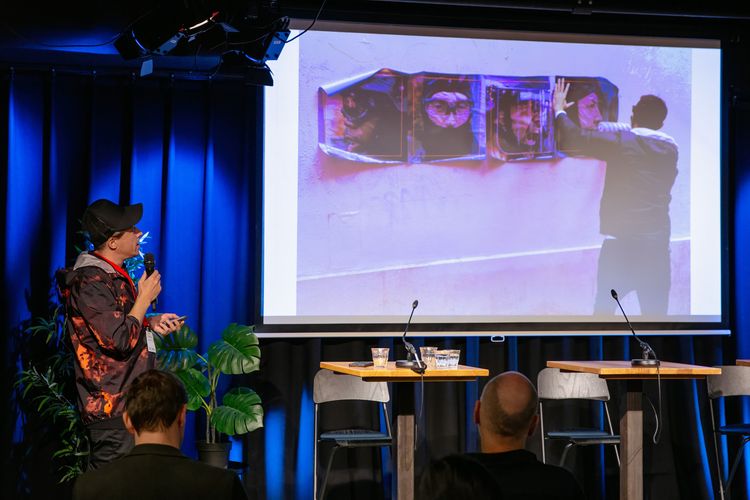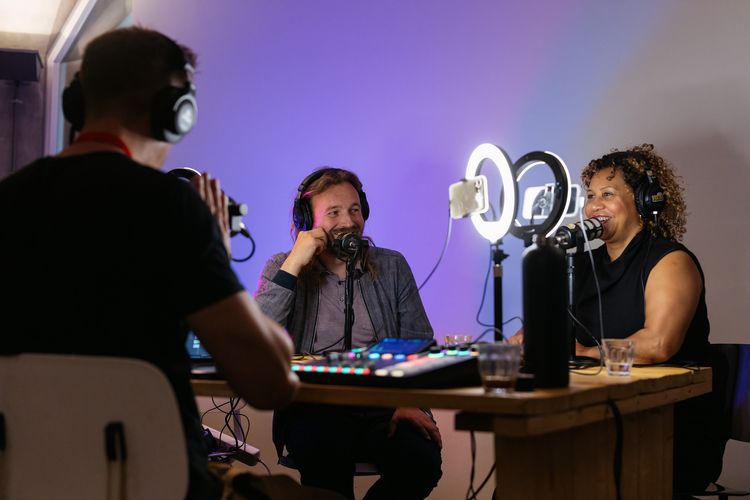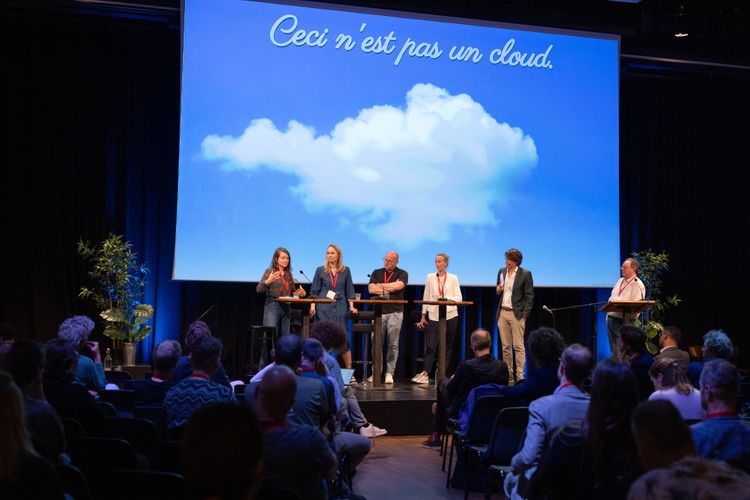Program
With speakers such as Paris Marx, on geopolitical shifts and the opportunities this presents to shape technology in a radically different way, Roos Groothuizen on the disturbing presence of ‘smart’ devices, and Maria Farrell's vision of ‘Rewilding the Internet’, the PublicSpaces Conference: Shaping Our Digital Future offers inspiration for how we can shape the future of the internet. The programme is made up of five tracks with more than 50 speakers and over 20 keynotes, panel discussions, workshops and other interactive sessions. The full programme will soon be published, allowing you to plan your day and map out a personal route along the six different rooms. As a preview, the five tracks are explained below.
